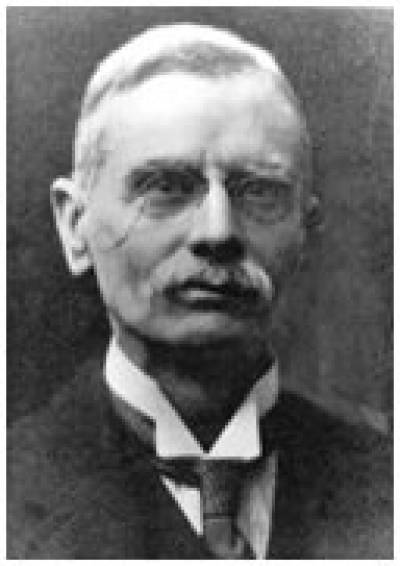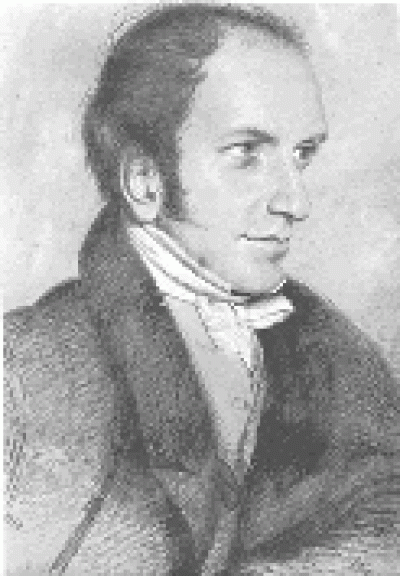
In 1823, David Ricardo, widely seen as the country's leading economic thinker of the day, having published six years earlier his influential Principles of Political Economy and Taxation, succumbed to a lethal ear infection. His friends, particularly James Mill and many of the other principal economic thinkers of the time who were meeting to discuss the emerging discipline at the recently-formed Political Economy Club, collected donations to fund lectures in his honour and engaged the Scottish economist, John Ramsay McCulloch, to deliver them.
Meanwhile, a project was taking shape to establish in London a university open to all regardless of religious affiliation. It was a project which it is difficult to believe that Ricardo, a convert to Unitarianism raised in the Jewish faith, and himself sympathetic to educational causes, would not have supported. The new university committed early to an innovative list of disciplines, including political economy, and in 1828 took on McCulloch as its first professor in the subject, accepting what remained of the Ricardo funds to establish an economics library.
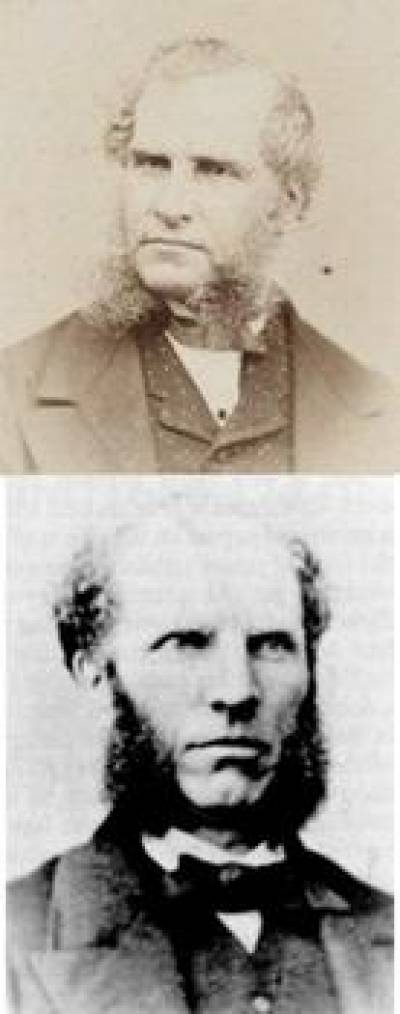
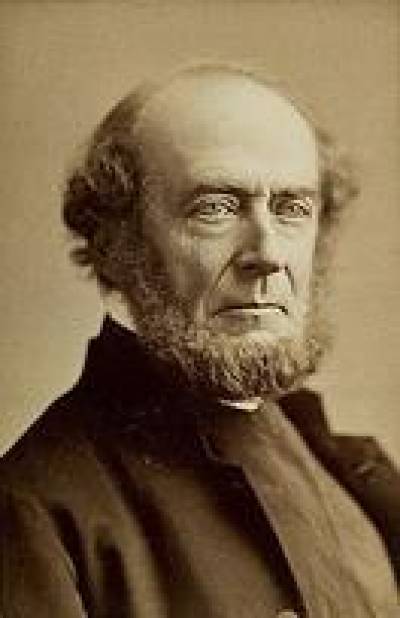
McCulloch lectured until 1837, never content with the ability of his remuneration to cover the costs of living in London. After he resigned, political economy remained untaught until in 1854 the professorship was offered to Jacob Waley, an early alumnus of the college, a lawyer and prominent figure in the Jewish community who for many years was active as Secretary to the Political Economy Club.
Waley stepped down in 1865 to be replaced by John Elliot Cairnes, a close associate of John Stuart Mill and well-known Irish political economist in the classical mould. In poor health and teaching from a wheelchair, in 1871 he began to lecture to men and women together, establishing a first in any department in any subject anywhere in the country.
Following Cairnes in 1872 was Leonard Courtney, now better known for his ensuing career as a Liberal politician. Unionist, at least initially, in domestic politics but resolutely anti-imperialist abroad, he resigned from Gladstone's cabinet over its failure to bring in proportional representation and came to be associated with then-radical causes such as women's rights.
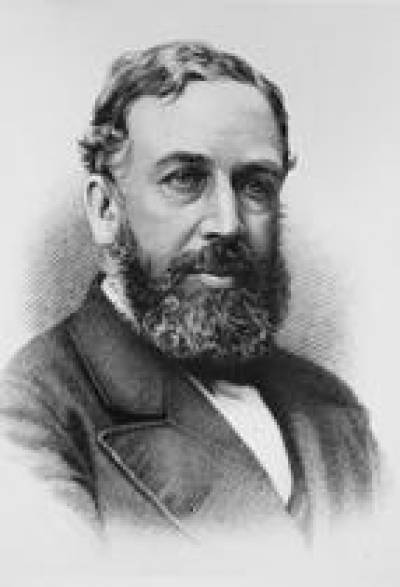
In 1875 the most accomplished and influential of all holders of the position, William Stanley Jevons, himself another former UCL student, arrived from Manchester where he had already been developing his marginalist theories challenging Ricardian and Millian orthodoxy and breaking newground also in application of statistical methods to economic issues. While his theories changed deductive reasoning in the subject, he also, in Keynes' words, "carried economics a long stride from the a priori moral sciences towards the natural sciences built on a firm foundation of experience''. Resigning in 1880 to devote his time to writing, he died tragically young in a swimming accident two years later.
Jevons' successor, Herbert Foxwell, held the post far longer than any of his predecessors, from 1881 until 1927. A student of Marshall, his interests lay in questions of currency and banking and his inclination was more towards historical and institutional study than analytical modelling. He did not publish greatly, being, to quote Keynes again, "altogether opposed to the idea that it was the duty of every academic person to be constantly occupied with pen-driving'' but nonetheless played a significant part in "fostering economic studies in England''.
The nature of teaching was changing; until then all lecturing in political economy had been the responsibility of the sole professor but during Foxwell's time, other individuals began to be engaged to deliver specific lecture series, especially the newly endowed Newmarch Lectures to be delivered on economics with a statistical theme. One of the earliest was the alternative candidate for professor, in preference to whom Foxwell had been chosen, Francis Ysidro Edgeworth, remembered now as a major figure in the development of both economics and statistics.
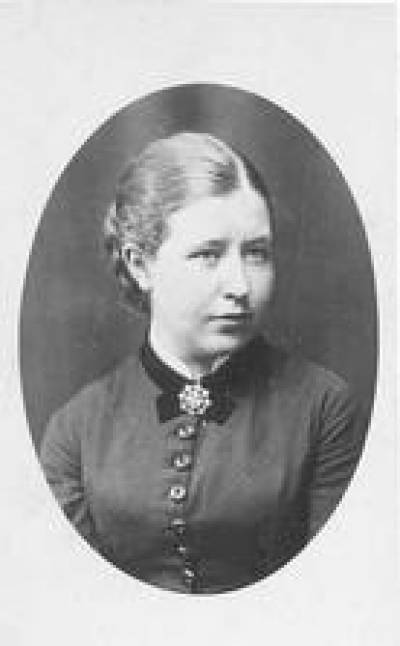
Another was Arthur Bowley, whose name has since become joined to Edgeworth's in the most common diagrammatic illustration of exchange equilibrium. Among other reputed names, particularly noteworthy are those of John Maynard Keynes, who delivered the Newmarch Lectures on war finances in 1915, and Arthur Pigou, who spoke on tariff reform in a series dedicated to Jevons' memory in 1904. When the college appointed its first female Fellow in 1896, it was a former student and later lecturer in the department, the economist and social statistician, Clara Collet.
-by Ian Preston
With thanks to The Warren J. Samuels Portrait Collection at Duke
University for the image of John Ramsay McCulloch, The Bell family
Collection, Alexander Turnbull Library, Wellington, New Zealand for the image of Jacob Waley (Ref: PA1-o-735-43-2), the Leicester Chronicler for the image of Clara Collet and the Royal Economics Society for the image of Herbert Foxwell from The Economic Journal Vol 46 No. 184 Dec 1936.
The next hundred years will be covered in the next Newsletter.
 Close
Close


